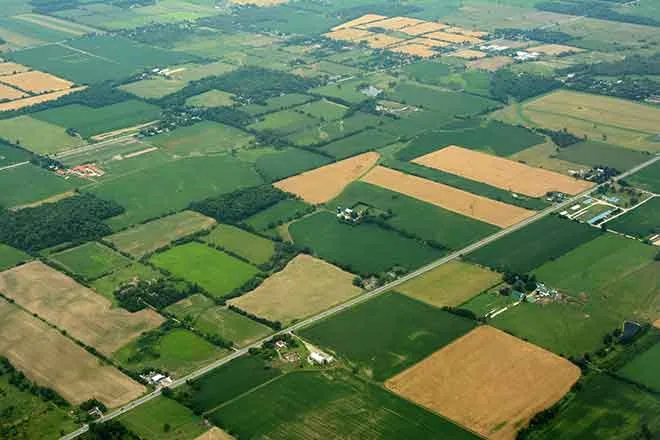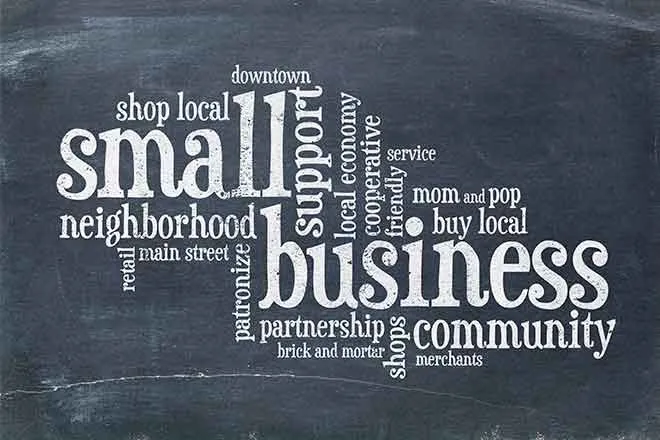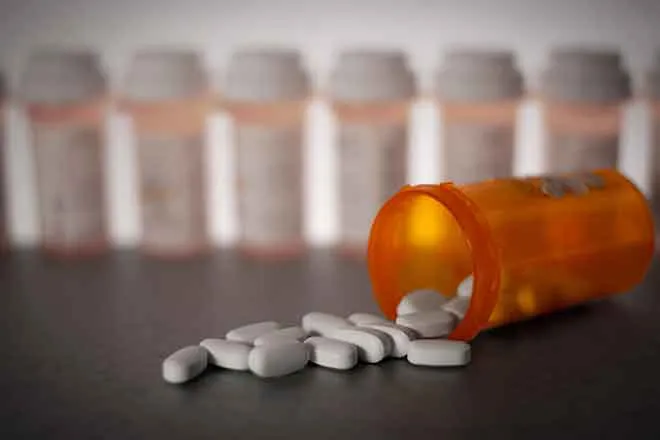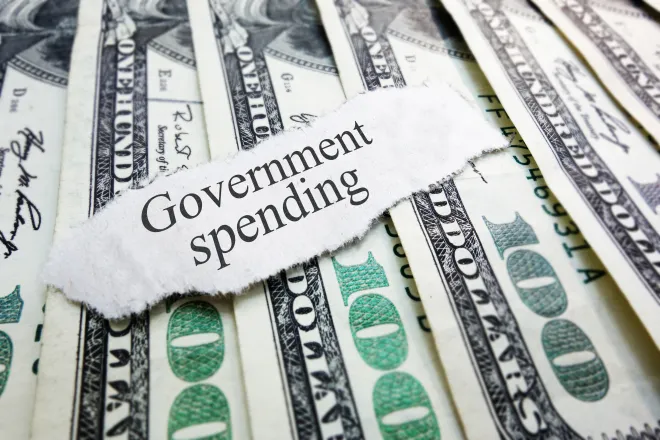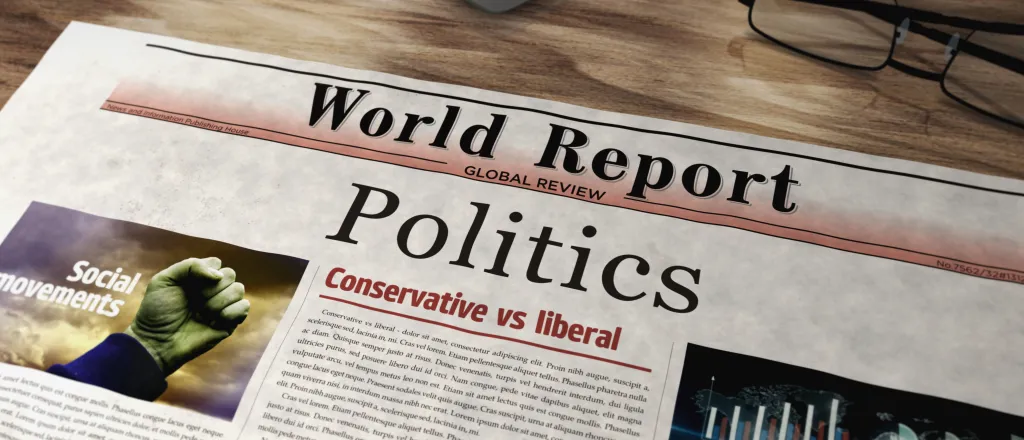
Politics: 2025Talks - October 20, 2025
© Arkadiusz Warguła - iStock-1890683226
Politics and views in the United States.
Dueling Republican and Democratic bills would keep SNAP and WIC operating during the shutdown. Food banks prepare for increased demand and Illinois' governor declares an 'agricultural export crisis' in the state.
TRANSCRIPT
Welcome to 2025 Talks We're Following Our Democracy in Historic Times.
Allowing our fellow Americans to go hungry is sadly right now a policy decision.
I would argue a political decision, not a financial necessity.
New Mexico Democratic Senator Benre Luhan is introducing a bill to fund Snap and Wick during the shutdown, one of several to maintain those benefits for more than 40 million Americans.
Missouri Republican Senator Josh Hawley introduced similar legislation, arguing funding food assistance isn't optional.
Democratic leaders say they would vote vor Hawley's bill, but Senate Majority Leader John Thune is criticizing it for only funding a small part of the government.
Thune is standing by his no compromise position that Democrats must agree to a clean CR.
SNAP recipients shouldn't go without food.
People should be getting paid in this country.
And we've tried to do that 13 times.
You voted no 13 times.
This isn't a political game.
These are real people's lives that we're talking about.
And you all have just figured out, 29 days in, that, oh, there might be some consequences.
The USDA says it will cost more than $9 billion to fund SNAP through November, which Agriculture Secretary Brooke Rowland says the Department doesn't have.
President Donald Trump and Republican congressional leaders say tapping into a contingency fund for that would be illegal, but he did just that during a first-term shutdown.
Several Democratic-led states are suing to release the contingency funding.
With SNAP benefits stalling, food banks nationwide are gearing up.
The Houston Food Bank serves 18 counties and will begin a large-scale distribution operation on Monday.
CEO Brian Green says interruption of the programs will amplify an already growing crisis in Texas.
He says the food bank primarily serves people who earn too much to get many kinds of benefits but aren't making enough to get by.
That's the population people don't generally think of.
It's amazing how many people think we primarily serve people who are homeless, when in fact, that's a very tiny proportion.
Two-thirds of food insecure households have a job.
Everything is fine on the outside, but they're struggling.
Along with bills to fund SNAP and WIC, the Senate's considering the Federal Employees Civil Relief Act.
It would protect federal staff, contractors, and their families from evictions, foreclosures, repossessions, and other defaults during a shutdown.
Scott Robinson worked for the Transportation Security Administration for 20 years and is now a labor advocate.
Since some federal employees live paycheck to paycheck, he says ending the shutdown isn't automatically enough, even if funding were restored tomorrow.
They would still need to wait the remainder of the pay period to be paid for the work they've done.
Even after funding is restored, it will have continued effects on the officers.
As expected, the Federal Reserve cut interest rates by a quarter point.
The stock markets seem disappointed, possibly seeking a bigger reduction, but economists say the Fed is balancing concerns about tariffs, sparking inflation with slowing employment and uncertainty from the government shutdown.
Illinois Governor J.B. Pritzker is declaring an agricultural export crisis there due to Trump's tariffs.
It comes as the president is proposing buying 80,000 metric tons of beef from Argentina as a short-term solution to bring down grocery store prices.
Beef is an important commodity for Illinois, and Pritzker says the state will use every tool it can.
And to support ranchers and farmers.
This order directs our state agencies to take immediate action, promoting domestic markets for agricultural commodities and expanding health resources for our rural communities.
I'm Edwin J. Viera for Pacific Network and Public News Service.
Find our Trust Indicators at PublicNewsService.org.

